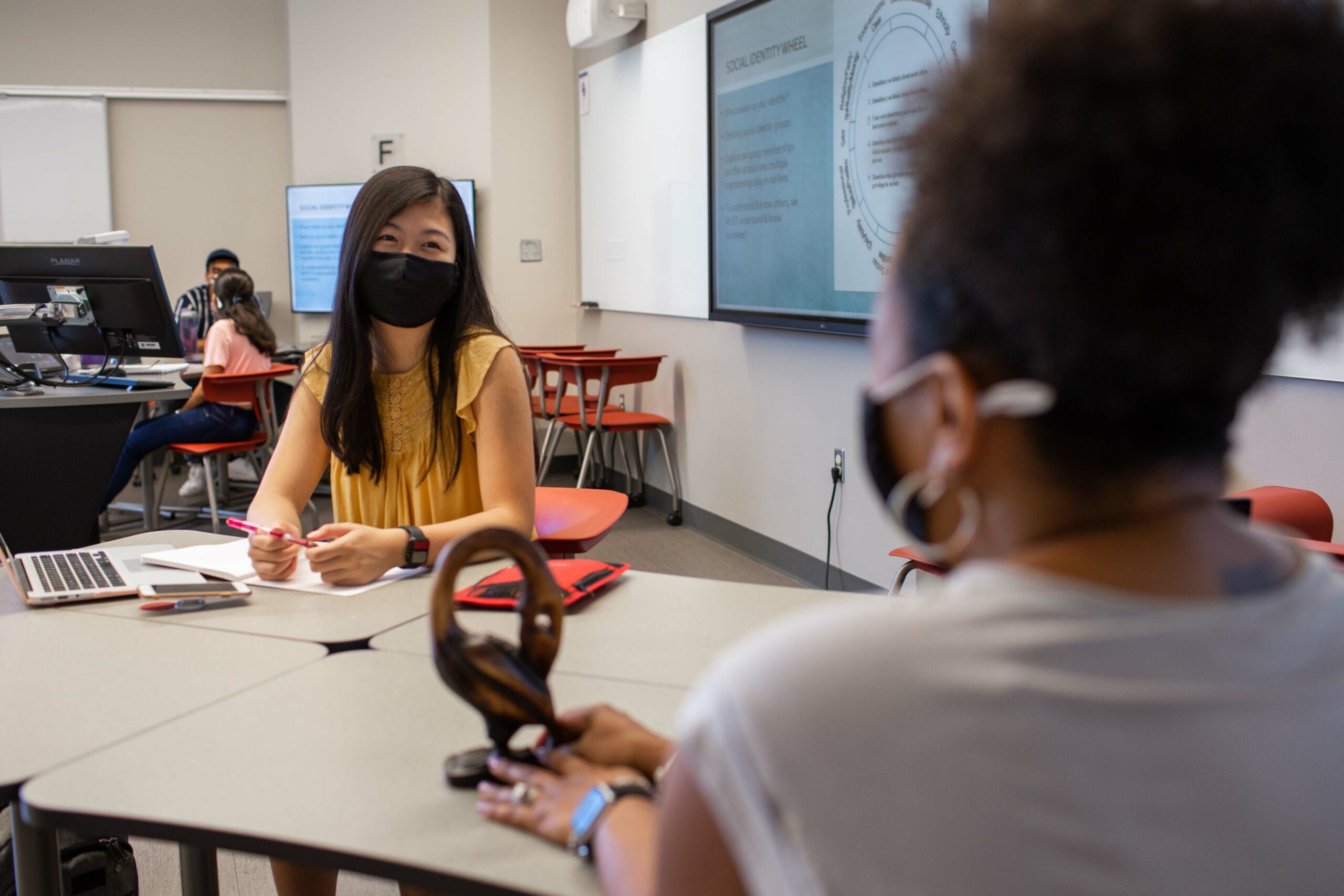As soon as the pandemic was in full swing in the U.S. and institutions started rapidly transitioning to all-online classes, we knew that this would have implications for NSSE. We were in the middle of our 2020 administration, so our primary focus was exploring how the lockdowns were impacting the data as is was being collected. But we also knew that the pandemic would not be over at the end of the academic year, so we wanted to explore how this unique situation was going to impact students in the 2020-2021 school year as well.
We started gathering tidbits of research coming out of news and other media outlets, looking at what types of questions they were asking and what themes seemed to be emerging from this preliminary research. Some of the studies and other resources came from places like the Higher Education Data Sharing Consortium, Skyfactor Benchworks, the Center for Studies in Higher Education, Strada Education Network, Educause, Simpson Scarborough, RTI International, the Healthy Minds Network, the New York Times, and the US Center for Disease Control.
One of our sister surveys, the Beginning College Student Survey of Engagement (BCSSE) quickly drafted some questions to add to the summer 2020 administration, asking students how their high school experience was interrupted by the pandemic. Preliminary results from these data were presented earlier this fall at the Southern Association for Institutional Research Virtual Conference.
After gathering all of this information, we then started drafting items in the summer. In addition to adapting items from the extra BCSSE set, we also explored whether prior NSSE experimental item sets (i.e. trial questions on different research topics) might be relevant. We found that a 2017 set on mental wellness, as well as a 2014 set on living situation had items that were useful. But there were also some new topics – health and safety concerns, disruptions to educational plans, time use during the pandemic – that we wanted to address.
Once we had decided on the topics to include, there were a few other challenges we faced during the writing and editing stages. For this module, we had to write items for an imagined future where we didn't (and still really don't) know the specifics of students' and universities' situations. What will the pandemic look like in the spring of 2021? Information moves quickly, and decisions are implemented, and then revised. We needed to agree on wording that was generic enough to address all potential situations but still aligned with the rules of good survey item writing. Even defining the phrase "during the pandemic" became an exercise in predicting the future. Another barrier was that we had to keep the set from growing too long. There are so many ways that the pandemic has affected students, but we needed to keep the set short enough to prevent survey fatigue. For instance, I was disappointed to let go of a question about increases in nightmares and vivid dreams that was part of the mental wellness item group.
After many Zoom meetings, we finished up with our final wording edits in early fall, in time to receive IRB approval and start programming the survey collection software for the spring administration. We are excited for schools to take advantage of this one-time only module opportunity (fingers crossed that by spring of 2022 the pandemic will be over!!!). Interested in seeing the final product? Check out the module questions on our website!



